Are you wondering what the best eggplant companion plants are? Then you’re in the right place! Using companion planting is an excellent way to maximize the productivity and health of your eggplant seedlings.
However, not all plants are friends with each other, so it’s important to know who gets along well and who does not. In this article, we’re going to tackle the 5 BEST and the 3 WORST eggplant companion plants.
Let’s jump in!
*Disclosure: This post may contain affiliate links to products (including Amazon). I’ll earn a small commission if you make a purchase through my link, at no additional cost to you! Regardless, I only link to products that I personally use on our homestead or believe in.
What is Companion Planting?
Companion planting is a gardening method that involves growing plants together to mutually benefit each other’s growth and health, based on the idea that certain plants have properties that can positively influence neighboring plants.
Benefits of companion planting:
- Create a more diverse and resilient ecosystem
- Repelling pests
- Providing beneficial nutrients
- Improving soil quality
- Attracting beneficial insects
- Attracting pollinators
Another bonus benefit of companion planting is that it allows you to get away with closer plant spacing – a huge win if you have a small garden!
The 5 BEST Eggplant Companion Plants
Thankfully, eggplant isn’t too picky, but it does have some favorites that it likes to be around. Here are the top 5 eggplant companion plants:
#1: Marigolds
Marigolds are one of the most well-known companion plants due to their natural pest-repellent properties and ability to improve soil health. Marigolds emit a strong scent that can help deter pests such as nematodes, aphids, and whiteflies, which are common threats to eggplants.
Additionally, marigolds are known for their ability to improve soil health by releasing organic compounds such as thiophenes, terpenes, and flavonoids to suppress harmful soil-borne pathogens and promote beneficial microorganisms. This can help create a healthier growing environment for eggplants.
Lastly, the bright and colorful flowers of marigolds can also add aesthetic appeal to the garden and attract pollinators. When strategically planted, marigolds can serve as an amazing companion plant for eggplant, promoting plant health and pest management in the garden. An excellent choice!
#2: Bush Beans
Eggplant has high nutrient requirements, especially nitrogen, which can become quickly depleted. Bush beans are excellent nitrogen fixers, meaning they can replenish nitrogen as eggplant consumes it. Beans also act as a living mulch, limiting weed growth while also providing moisture retention, creating a favorable microclimate for eggplants.
#3: Peas
Peas are a great companion for eggplant due to their nitrogen-fixing ability, similar to bush beans, as they are both in the legume family. Acting as a natural nitrogen source, peas make ideal companions for eggplant, helping to maintain soil fertility and support healthy growth. Definitely give them a try!
#4: Spinach
Spinach can be a beneficial companion plant because it has shallow roots that do not compete with the deeper root system of eggplants, allowing both plants to coexist without significant competition. Spinach can also act as a living mulch, preventing weed growth while also providing moisture retention in the soil.
Lastly, spinach is a nutrient-rich plant that can help improve overall soil health by adding organic matter if you decide to turn it under and return it to the earth. Of note, spinach is a cold-season crop that is best used in the spring or fall.
#5: Nightshades
Eggplant is in the nightshade family, so planting others from the same family such as peppers and tomatoes can be a great move. They both require similar conditions, making them easy to care for.
However, because they are in the same family, they can attract similar pests and diseases. When planned and managed carefully (including proper crop rotation), other nightshades can be a beneficial companion plant for eggplant, enhancing growth and productivity in the garden.
3 Plants to AVOID Near Eggplant
Thankfully, eggplant doesn’t have any true enemies in the garden (hooray!), however, there are a few that are best left at a distance.
#1: Zucchini
If you’ve ever grown zucchini before, then you know how HUGE it can get! It will grow a dense canopy and shade out neighboring plants, including eggplant. This can result in reduced sunlight exposure, which can negatively impact its growth and development.
There’s also competition for nutrients – both zucchini and eggplant are heavy feeders! When grown in close proximity, they may compete for the same resources, such as nitrogen, phosphorus, and potassium, which can inhibit growth for both plants. It’s best to keep zucchini in its own designated area that it can take over and thrive.
#2: Corn
Both corn and eggplant are heavy feeders that require similar nutrients from the soil. If grown together in close proximity, they can compete for the same resources, resulting in reduced growth and productivity for both plants.
Corn is a very tall and fast-growing plant that can quickly overshadow shorter plants like eggplant. Lastly, corn has an extensive root system that can interfere with the root development and growth of nearby eggplant plants. This can negatively impact the overall health and performance of the eggplant.
#3: Fennel
Fennel is not a friend to most plants in the garden because it secretes allopathic compounds that can inhibit the growth of nearby plants. These compounds may affect the germination, growth, and development of eggplant, leading to reduced yields.
Lastly, Fennel emits a strong flavor and aroma that can potentially impact the taste of nearby crops, including eggplant! Consider planting fennel off in its own area to reduce the risk of any off-flavors or an undesirable taste in your other produce.
Other Gardening Articles You’ll Love:
- 5 BEST Pumpkin Companion Plants (and 3 to AVOID!)
- 5 BEST Dill Companion Plants (and 2 to AVOID!)
- Rhubarb Companion Plants: Friend or Foe?
- 5 BEST Asparagus Companion Plants (and 3 to AVOID!)
Final Thoughts
Companion planting is a great way to support the health and productivity of your eggplant seedlings. By selecting the right companion plants, you can help keep pests at bay, enrich your soil, and provide your eggplant seedlings with the nutrients it needs to thrive.
With a little bit of creativity and care, you can create a beautiful and bountiful garden that will serve and delight for years to come. Let’s give it a try!
*Are you interested in starting a garden, but you’re overwhelmed with where to start? Or maybe you’ve tried a garden in the past, but it flopped? Definitely check out my course How to Plan a Garden: Step-By-Step! Don’t forget my discount code “GARDEN” for 10% off!
*Information in this article was referenced from personal experience and/or from my favorite gardening book: The Vegetable Gardener’s Bible, unless otherwise noted.
The Homesteading RD's Product Picks: | |
This is THE gardening book to have! I've had my copy for over 10 years and it's the one that I keep going back to time after time. It provides design ideas for raised beds, compost bins, you name it! Plus helpful tables for pH ranges, companion plants and more. | |

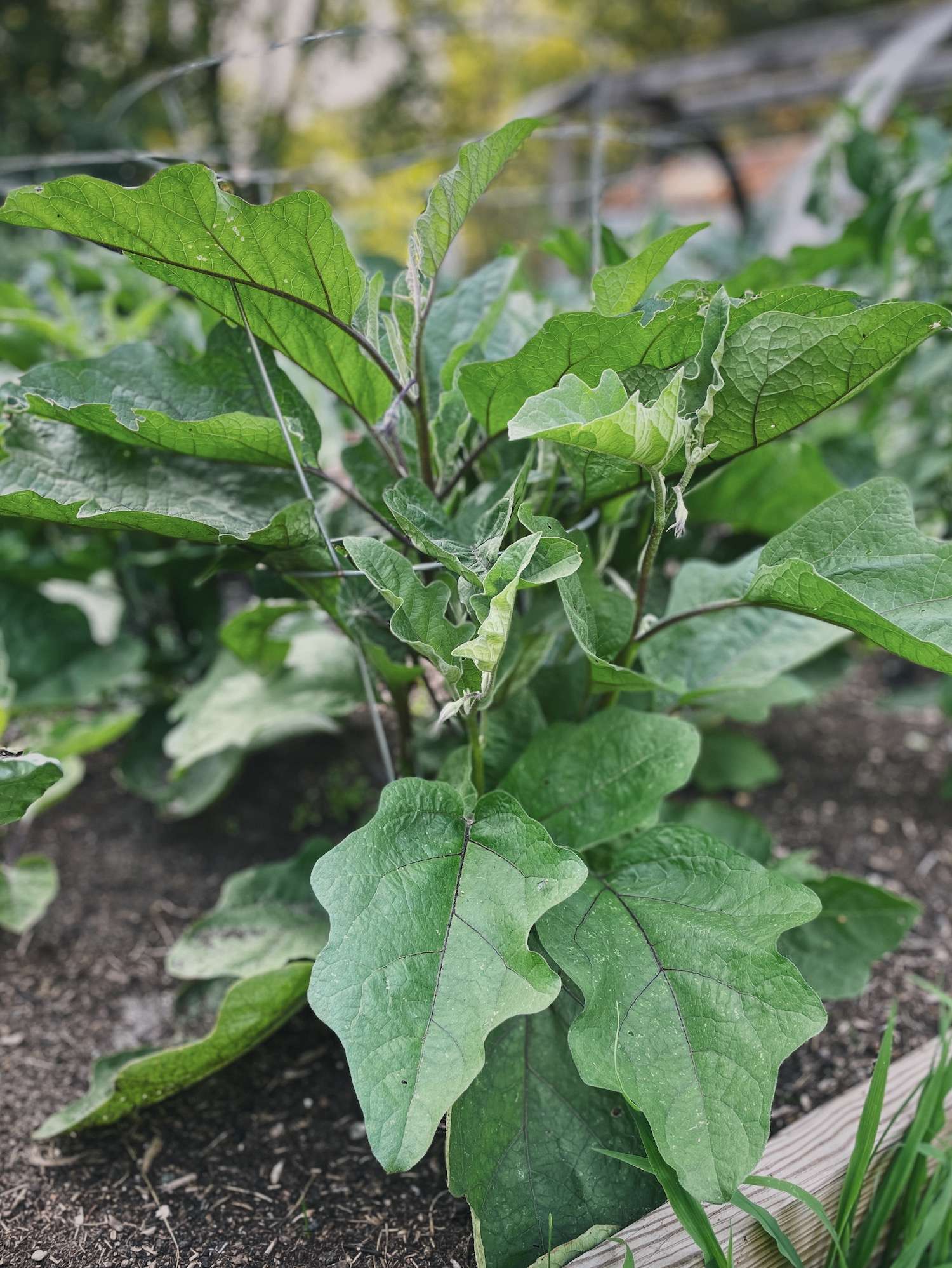
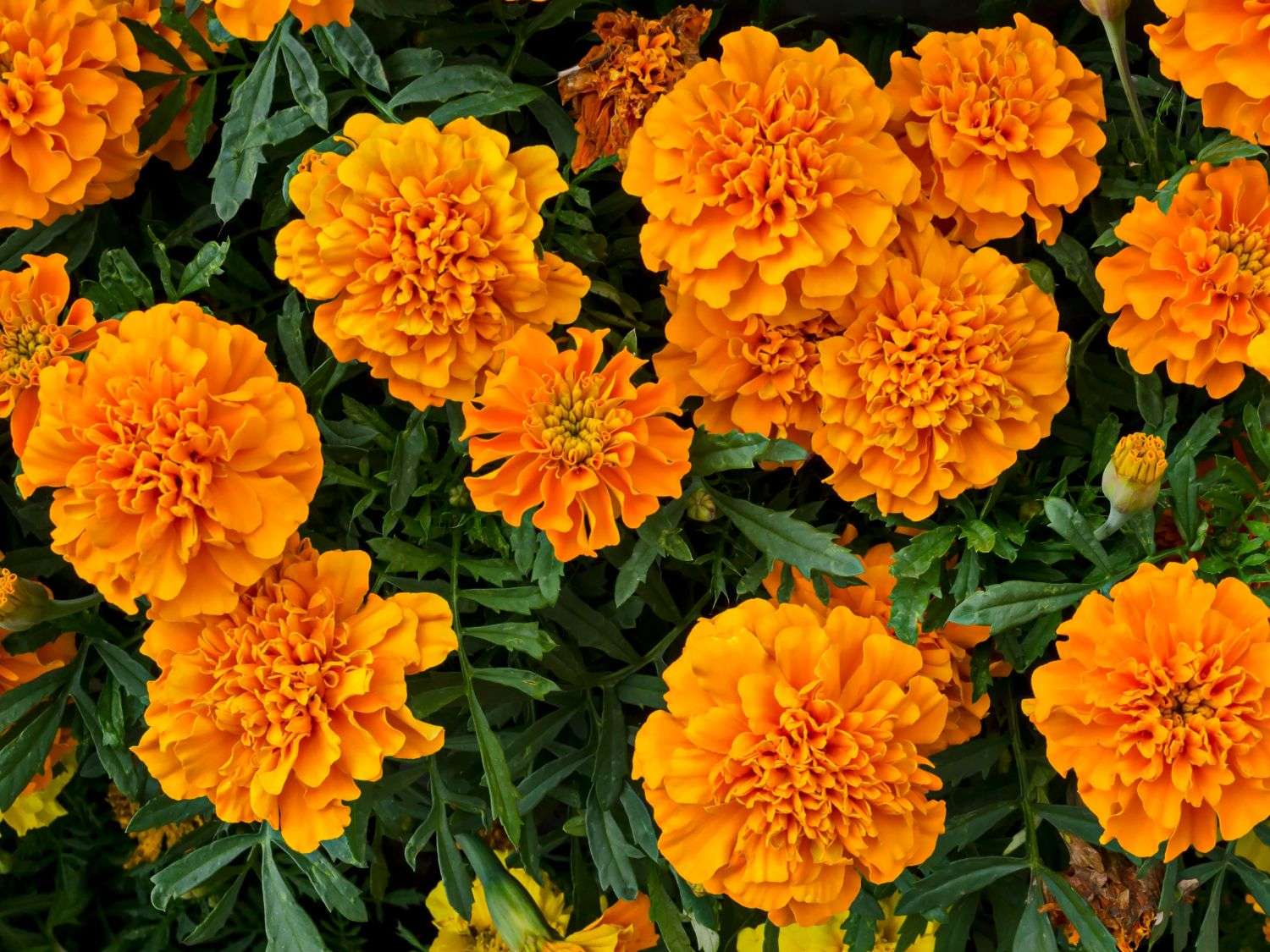
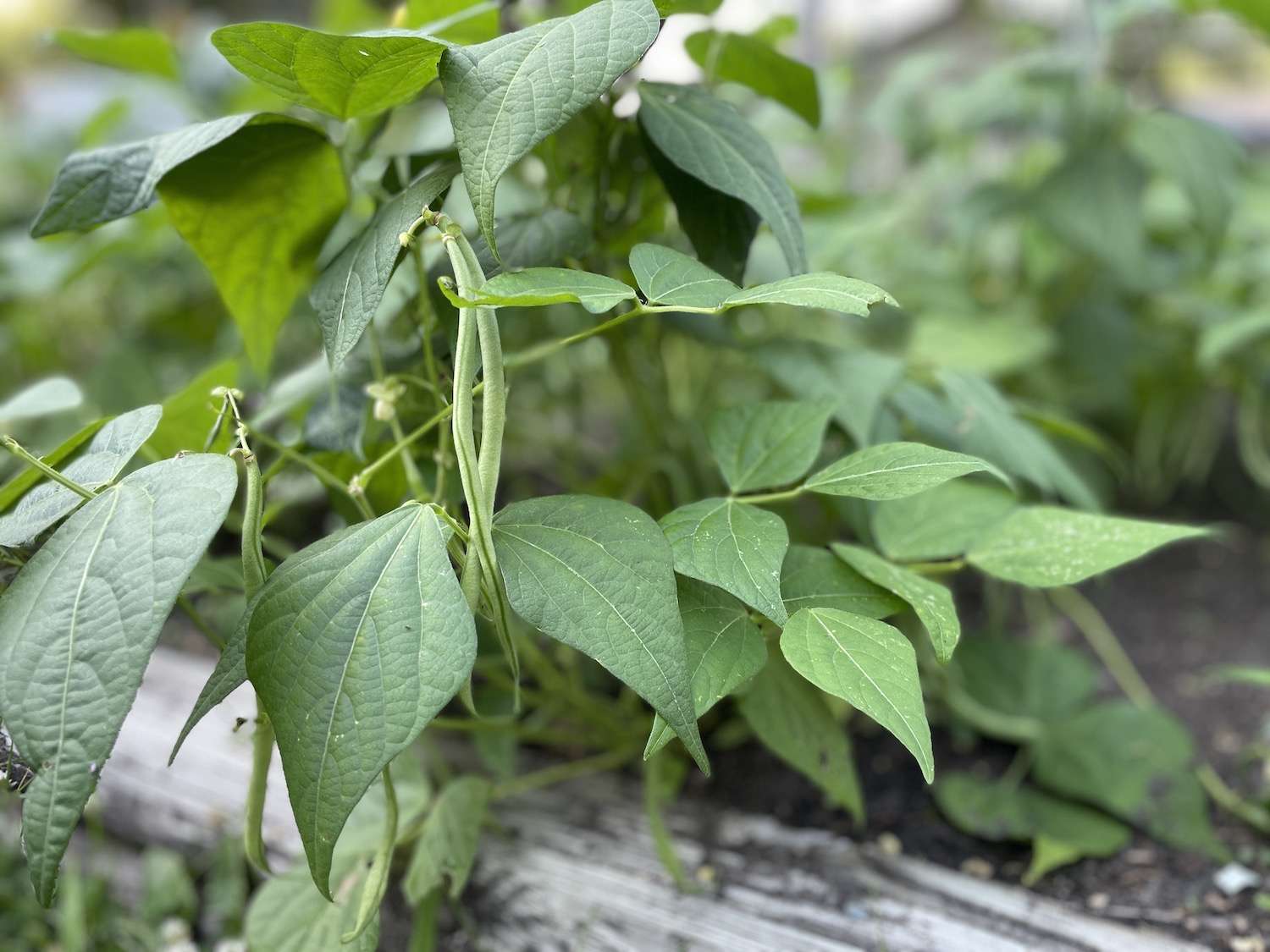
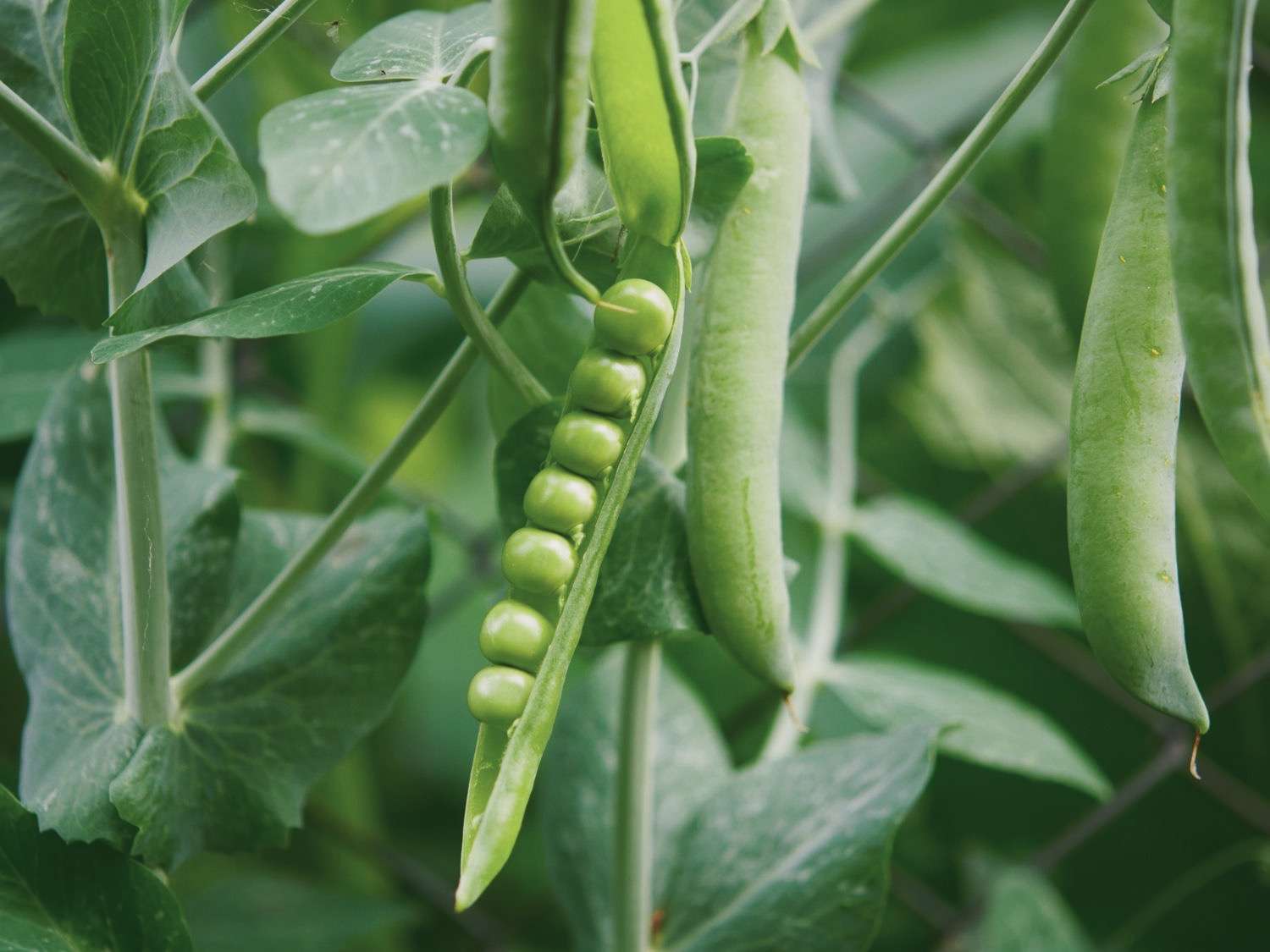
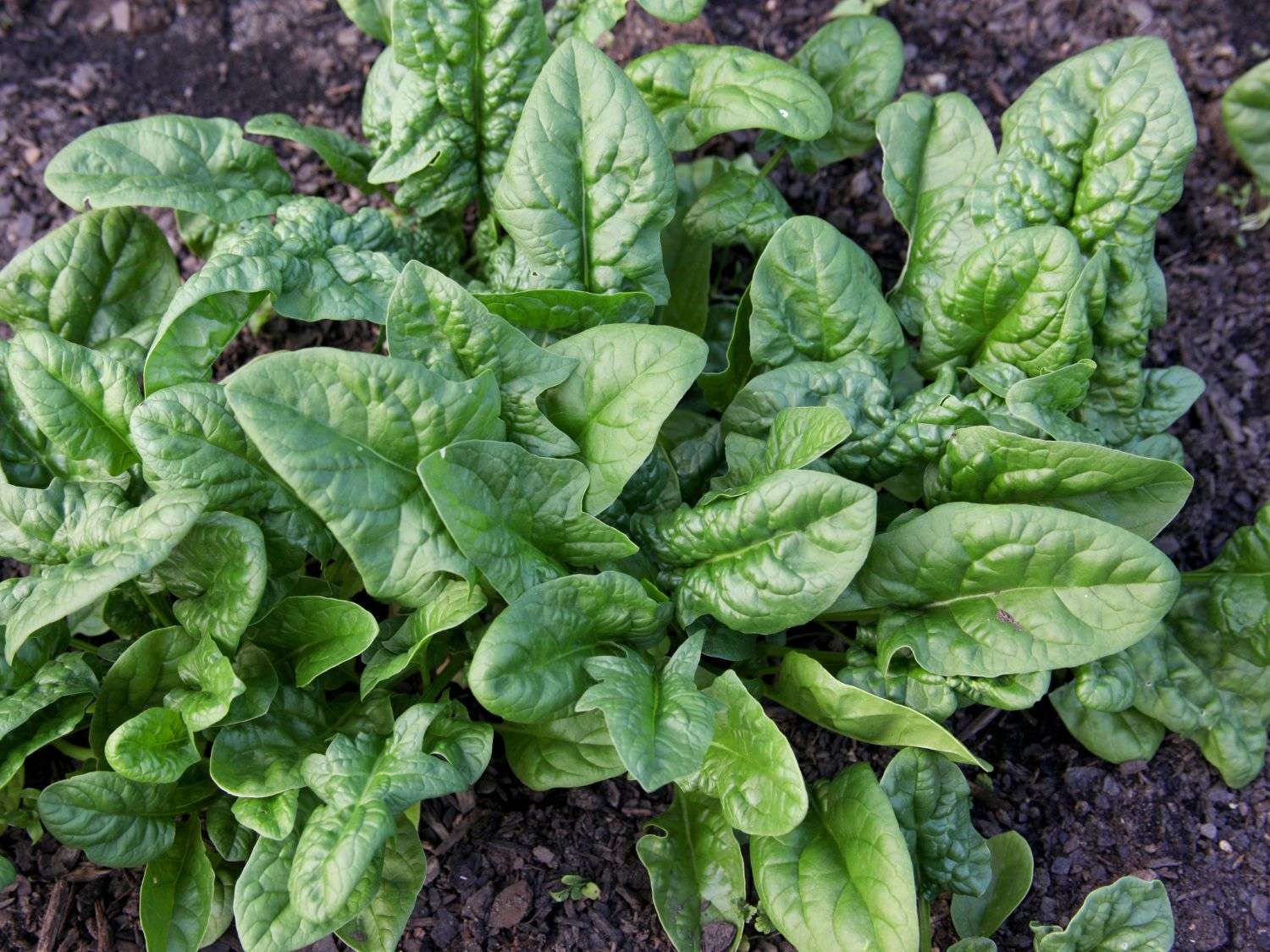
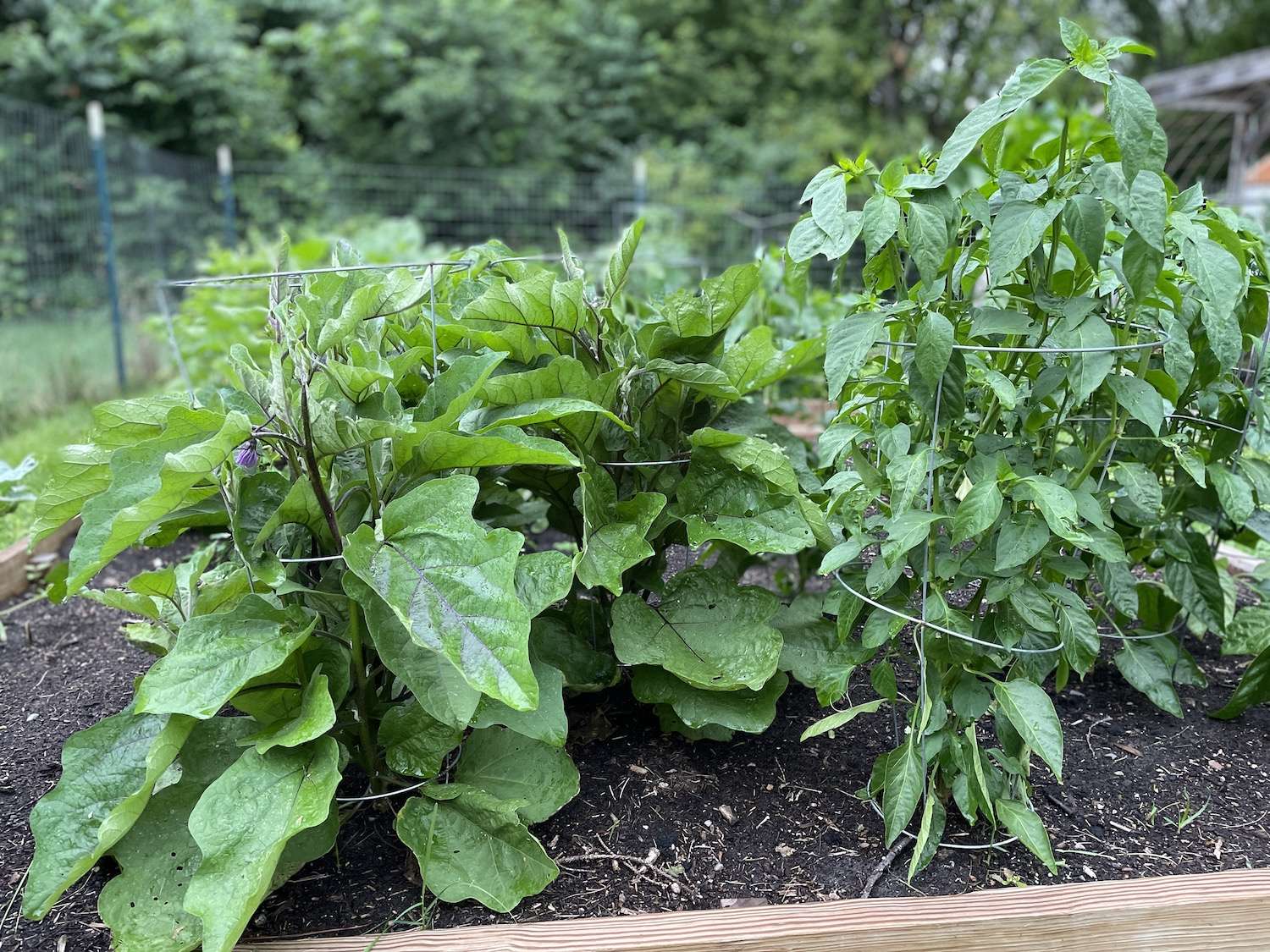



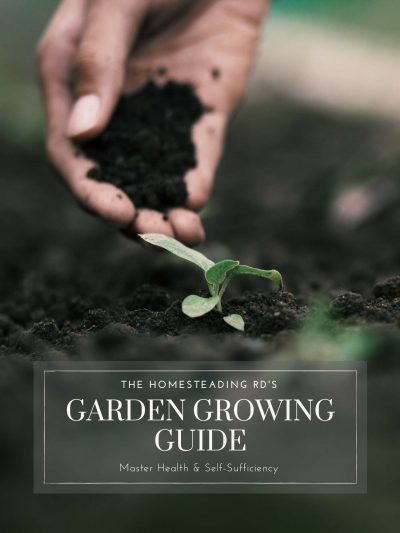
Thank you for this wonderful guide on eggplant companion plants. I found it very useful and easy to follow. I have some eggplant seedlings that I’m planning to transplant soon and I was wondering what to plant next to them. Your article helped me decide on some good options, such as beans, peas, and tomatoes. I hope they will grow well together and produce a bountiful harvest.
You’re welcome and I’m so glad to hear that you found it useful.